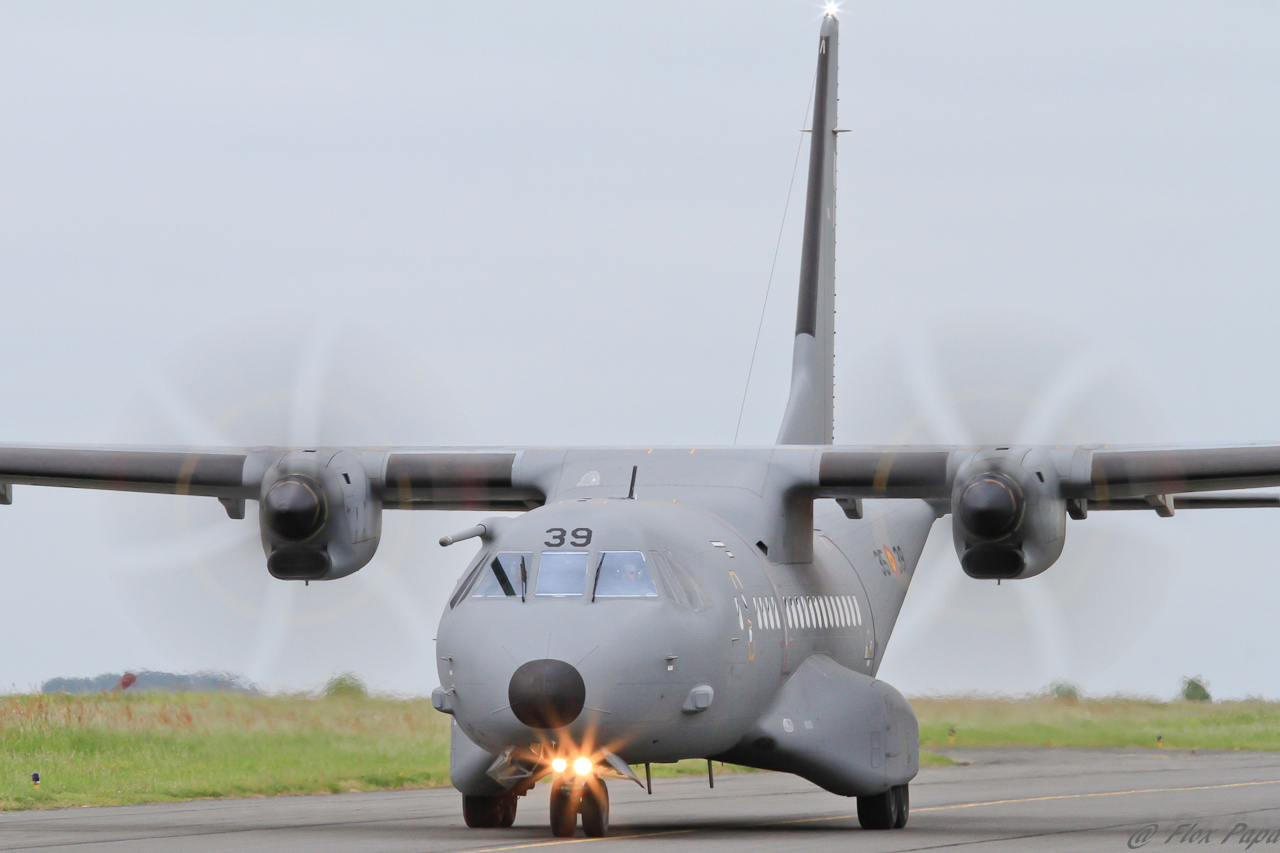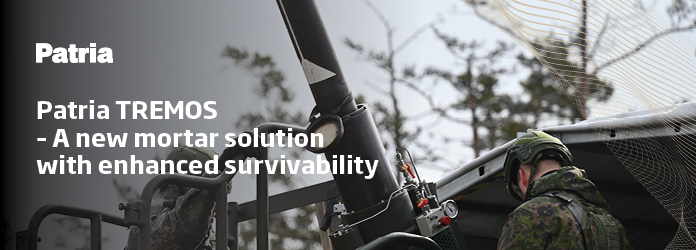Giving indigenisation a push towards its ‘Self-Reliant India’ initiative, the foundation stone of the first project by an Indian private defence manufacturer, was recently laid in Vadodara, Gujarat. Under this deal Tata Advanced Systems Limited and Airbus Defence and Space Spain, will collaborate to build 40 C-295 military transport planes, in a joint venture deal valued at USD 2.72 Bn for 56 aircraft to replace the Indian Air Force (IAF)’s ageing Avro-748 transport aircraft. Out of the 56 planes, 40 will be manufactured in India, while 16 will be bought off-the-shelf.
The announcement of that manufacturing line will be in India comes at a significant time, when the Indian Government is pushing for major reforms such as ‘Make in India, Make for the World’, thereby achieving low-cost manufacturing and high output. Prime Minister Narendra Modi stated: “We aim to scale our defence manufacturing beyond USD 25 Bn by 2025, defence exports will exceed USD 5 Bn.”
C-295: The Path to Avro Replacement
Dating back to the 1960s, the 56 Avro transport planes in service in the IAF have long been in need of a replacement. The Request for Proposal (RfP) was issued in 2013 and the Defence Acquisition Council (DAC) approved the solo bid by the Tata Group and Airbus in 2015, however the conclusion of the contract was delayed for a variety of reasons.
Of India’s 56 aircraft, 16 will be delivered in flyaway condition between September 2023 and August 2025, while the remaining 40 aircraft, are to be manufactured in Vadodara, with the first plane rolling out in September 2026.

The modern C-295 military transport plane is in service with 14 countries. Powered by Pratt & Whitney PW127 engines, the aircraft is robust, versatile and efficient tactical transport aircraft. It has a flight endurance of up to 11 hours, and can carry out multi-role operations day or night under all weather conditions. The aircraft, also comes installed with an indigenous electronic warfare (EW) suite and is capable of short take-off and landing from semi-prepared surfaces. In addition to replacing the Avro, the C-295 is capable of replacing the IAF’s An-32s in maritime roles.
Summarising India’s procurement plans, IAF’s former Assistant Chief of Air Staff, Air Vice Marshal Manmohan Bahadur (retd.) stated: “The Avro had been reduced to ferrying passengers and the An-32s were being used for logistics support. However, the IAF has planned its acquisition of transport aircraft well with Dornier-228 at the lower payload end, and IL-76 and C-17 for heavy lift. That left the 6-8 ton capability, which the C-295 will fill.”
Major component assembly will be undertaken in India, while systems such as engines, landing gear, avionics, and the EW suite will be provided by Airbus Defence and integrated by the Tata Consortium. Flight testing and delivery will be undertaken through a delivery centre at the Tata Consortium facility.
Gujarat – The New Defence Hub of India
Located on the West coast of India, Gujarat is on the path to becoming a major defence hub in the near future. By virtue of being the Prime Minister’s home state, Gujarat has had political backing in matters of defence manufacturing and has already proven to be industry-friendly and therefore a natural choice for defence production lines. More than 100 medium small and micro enterprises (MSMEs) are associated with the C-295 project, which will give a boost to the promise of ‘Make in India, Make for the World’, as the project will be able to take orders for export to other countries in future.
From artillery guns to modern submarines, and now C-295 transport planes, Gujarat is fast positioning itself as a defence hub, with the likelihood of more factories and production units being lined up. Vadodara is expected to develop a new identity as an aviation sector hub. The Tata Consortium has identified more than 125 in-country MSME suppliers spread over seven states. This will act as a catalyst in employment within the aerospace ecosystem of the country and is expected to generate 600 highly skilled jobs directly, over 3,000 indirect jobs and an additional 3,000 medium skill employment opportunities. Nearly 240 engineers will be trained at Airbus facility in Spain.
IAF’s AVM Bahadur (retd.) stated: “The Ministry of Defence (MoD) has its work cut out to monitor and ensure that Tatas help develop an ancillary eco-system and source their inventory from there. A bigger challenge would be to generate skilled manpower for the expansion which must lead to exports.”
Hazira in Gujarat is becoming another hub for defence platforms, such as the 155 mm K-9 ‘Vajra’ self-propelled howitzers under an Indo-Korean joint venture for the Indian Army. The city is also seeing noteworthy naval ventures, including the construction of hulls for the Indian Navy’s strategic nuclear submarines and the six indigenous nuclear-powered 6,000-tonne tactical attack submarine programme valued at USD 11.85 Bn, both of which are being undertaken by Larsen & Toubro.
Suman Sharma





